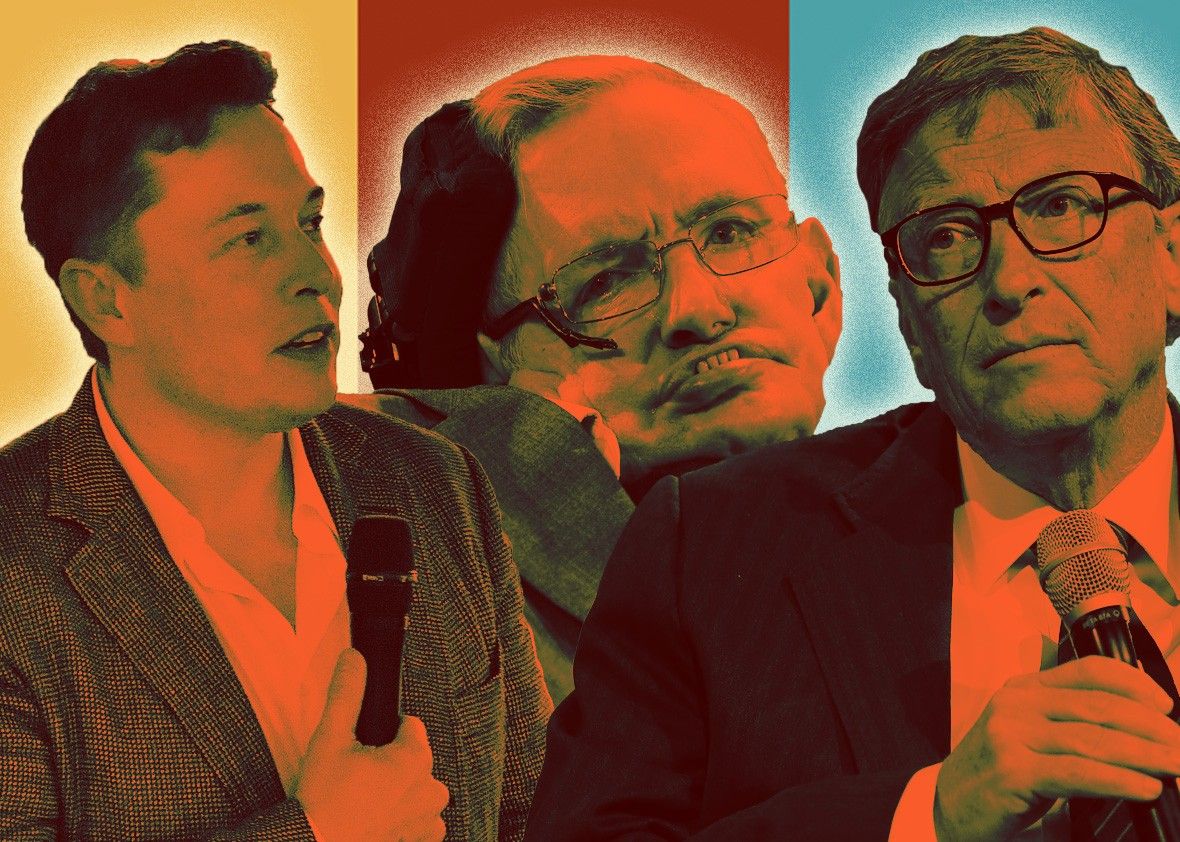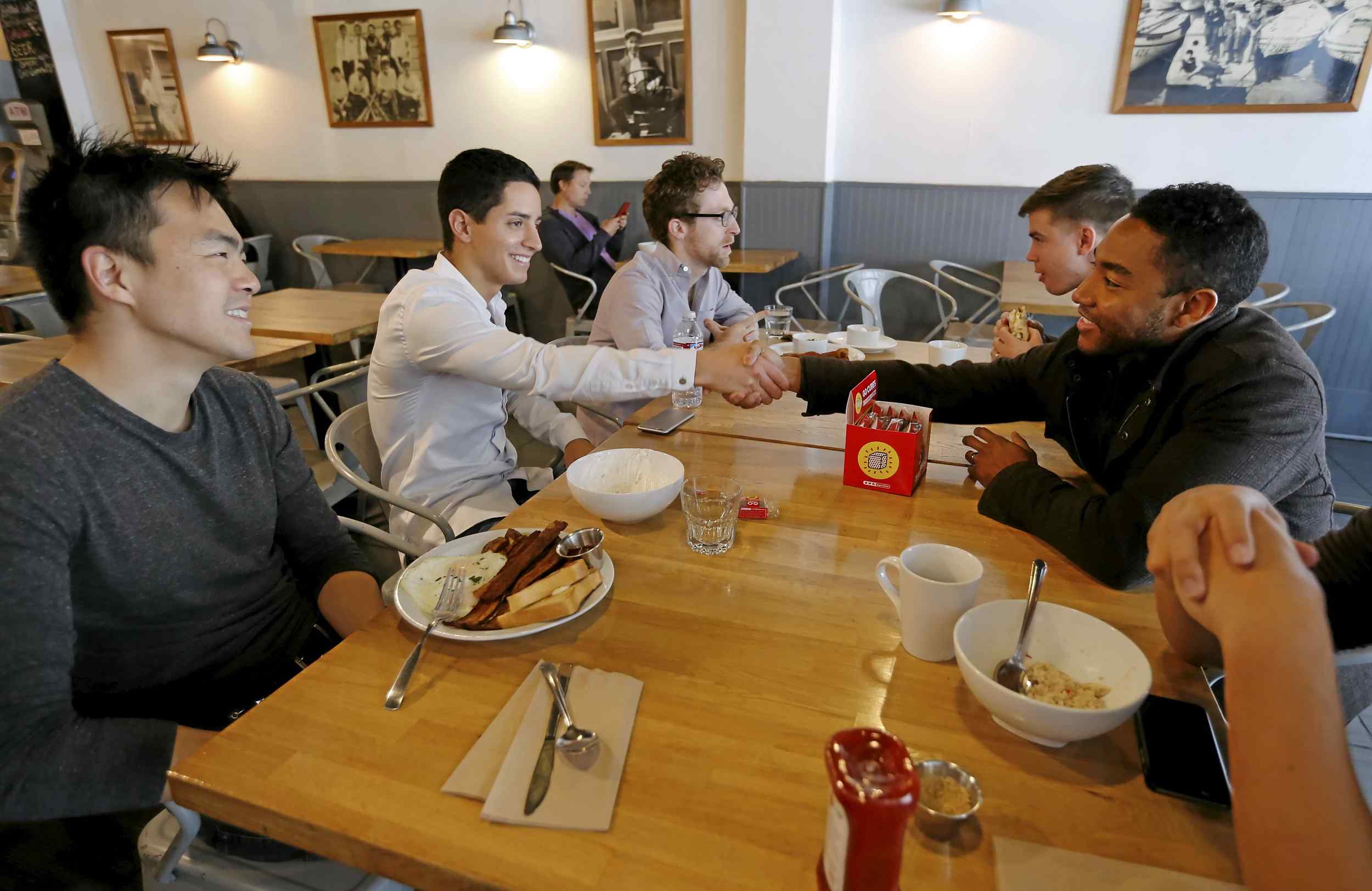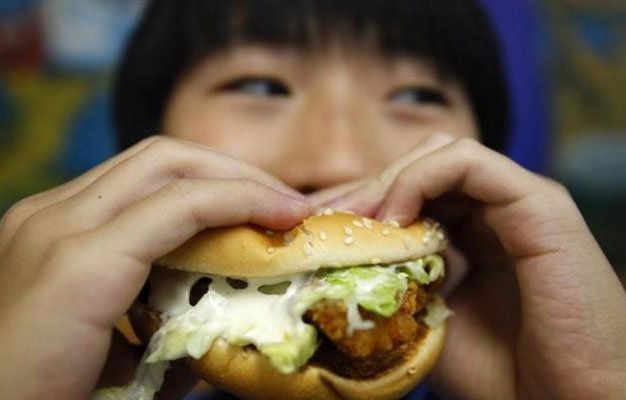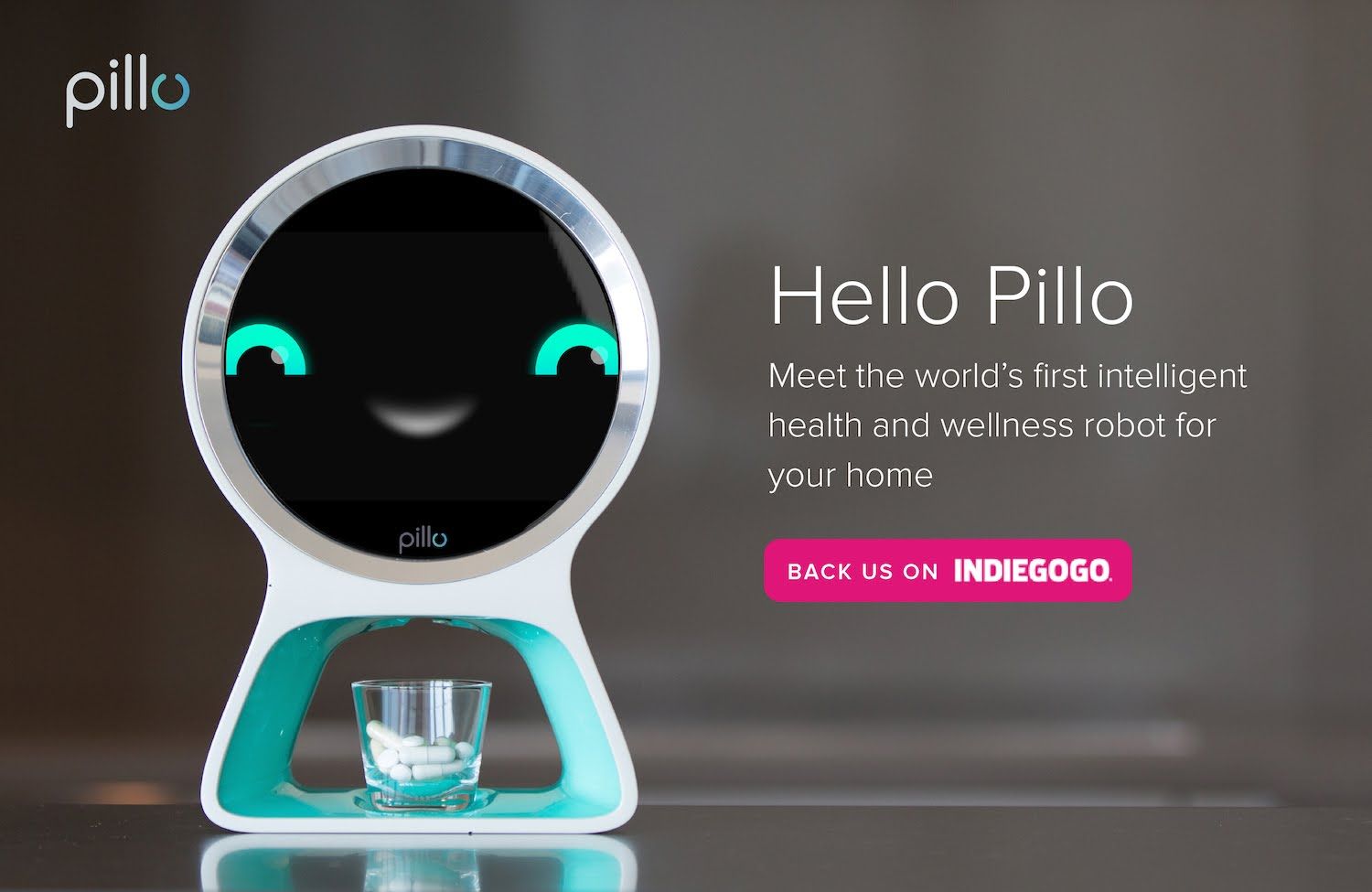Robotic glove doubles or triples the gripping force applied, reducing hand strain. Up next: full exoskeletons for more powerful workers.
Experts at Adelaide’s Flinders University have made an Alzheimer’s breakthrough that may result in world’s first dementia vaccine. Developed by Australian and US scientists, this vaccine may not only prevent but also reverse early stages of Alzheimer’s, the most common form of dementia.
The Alzheimer’s vaccine may be tested on humans within the next two to three years after being bankrolled by the US Government. Scientists from Flinders University and America’s Institute of Molecular Medicine and University of California developed the vaccine by targeting proteins in the brain that block neurons.
The formula targets tau proteins and abnormal beta-amyloid that cause Alzheimer’s. The scientists are confident that the vaccine would eventually be used as preventative vaccine. According to Flinders University medicine professor Nikolai Petrovsky, the proteins must be removed from the brain as Alzheimer’s, and dementia sufferers have lots of these broken down proteins inside.
FDIC was hacked
Posted in cybercrime/malcode
Slate summary of the debate on AI Safety:
Fears about A.I. take a very different form depending on whom you ask.
Some researchers think that the benefits of developing an A.G.I. far outweighv the risks, and the question of control is a moot point. Intelligent systems will be developed by humans and controlled by humans, so there is nothing to worry about.
A.I. safety researchers strongly disagree: There is no reason to believe that we will be able to control generally intelligent, let alone superintelligent, systems. In fact, we have no idea of what a world with (super)intelligent machines would be like. But we have at least a good idea of potentially harmful scenarios—like, say, an A.I. gaining unilateral control of all resources—so the earlier we start thinking about it, the better.
The SV trend.
Employees at San Francisco startup Nootrobox don’t eat on Tuesdays.
The weekly fast isn’t an extreme money-saving move by a scrappy, bootstrapping company. Instead, Nootrobox team members swear withholding food for 36 hours — they stop eating Monday night — improves their workplace focus and concentration.
“We’re actually super productive on Tuesdays,” co-founder and CEO Geoffrey Woo said. “It’s hard at first, but we literally adopted it as part of the company culture.”
Is it time for rehab for junk food junkies?
Apparently, all the burgers and smoothies you’re consuming cause your brain to forget to stop eating even when you’re full.
Can you relate to midnight cravings and the feeling of perpetual hunger? Do you resort to grabbing fast food on the fly or eating out of a tub of ice cream while you’re bored around the house?
New research reveals obesity may be a brain disease that worsens in people with a diet high in sugar and fat. People who are diet conscious and eat healthy are less likely to indulge in sweet cravings and unhealthy snacks, since their brain recalls a sense of fulfillment derived from watching what they eat. Consuming sugars and fats hinders the functioning of the hippocampus area of one’s brain, blocking from their mind the memories of when their stomach felt full.
Although this article is 1 month old; still is too interesting not to share.
SEATTLE — If you happen to see a driverless lawnmower on the side of the road, WSDOT would rather you keep your eyes on the road.
Crews now use a driverless slope mower to clear hard to reach areas that are too dangerous for an operator to sit on a riding mower. It’s proving to be an efficient, safe tool for WSDOT.
But operator Paul Julian says he’s seeing too many close calls by distracted drivers.









